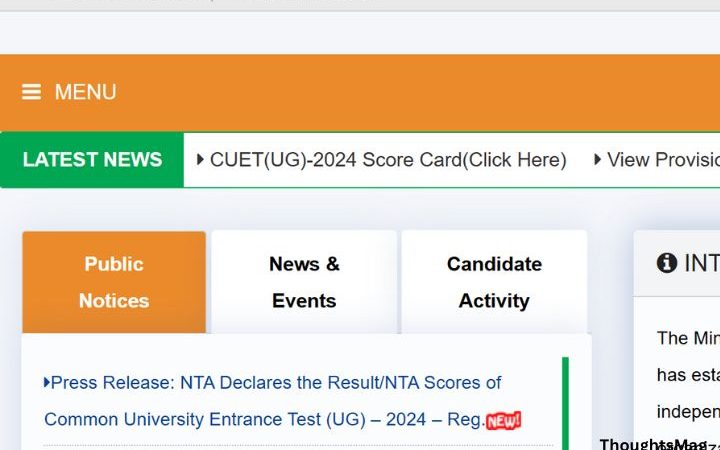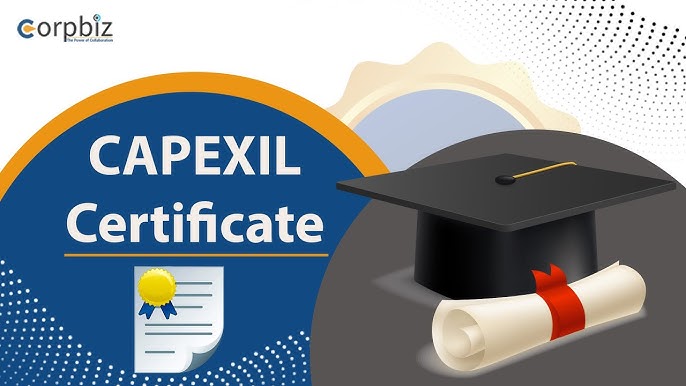Top 10 Tips For Writing A Flawless College Paper!

Writing a good paper isn’t always easy. You must take into consideration the specified instructions and the word or page limit (if any), and then you must jot down thoughts and locate reliable sources. Everybody has experienced those days when they cannot complete a paper for class or are anxious about performing adequately. I often ask, can someone do my paper for me. We are all familiar with the stress associated with writing college papers. However, with time, things get easy and we gain confidence. Therefore, this article will outline 10 tips for writing a flawless college paper.

Know the Assignment
Most people seem to miss the instructions for their academic papers, although this is the most important part. Begin by examining the instructions and determining which sources to use and how many. Often, you’ll want to ask your professor or a student for clarification on this. Begin making some notes regarding the instructions and Keep the deadline in mind.
Form an Outline
Always begin your writing with a thesis and a list of main points. Since you start by typing a short sentence outlining your idea, you can finish the rest of the outline quickly and easily. Making an outline in advance ensures that you have thought through your arguments and that each builds on the previous. Moreover, this helps you stay on task and makes it simpler to resume work after each break.
Create the Perfect Writing Environment
You’ve done your research and have a rock-solid knowledge of the topic. You must now sit down and write. Since distractions are the second most significant deterrent to writing a paper swiftly after procrastination, you’ll squander hours switching back and forth between the paper and any distractions if you don’t have a distraction-free environment.
Write the Introduction and Conclusion Last
Since these two paragraphs are typically the hardest to write, save them for last and allow them enough time. It is a good idea to wait to write your introduction and conclusion until after you have finished writing the body of your paper because they should introduce and summarise your thesis and main points, respectively. Don’t worry too much when it comes time to write your introduction and conclusion. Many students rush to finish an assignment because they are unsure what to write. It’s crucial to remember that the introduction just suggests the subject and establishes the context for your paper.
The Body Paragraphs
The body of your paper is crucial because it allows you to use all the materials you obtained for your outline. Review your outline again and decide where you would like to start. Remember that you should always cite reliable sources to back up your claims. However, most students make the error of merely quoting information without adequately elaborating on it. Therefore, responding to the question in your assignment is frequently advisable by putting the information into your own words before properly citing the sources. By doing so, you show that you are aware of the sources.
Keep the topic relevant
Research papers must be well-suited to the topic’s range. Sometimes all it takes to ensure your paper’s relevance is to add a paragraph of context. Many web pages contain details regarding the scope. If you have any questions, you can also get in touch with the Professor’s office. He might advise you to submit a different paper or Special Issue if your work doesn’t suit the defined scope.
Avoid Plagiarism
Plagiarism is a violation of academic integrity and is considered a poor study. Whether plagiarism is deliberate or not, it can still have a negative impact on a person’s career path. The student or researcher is the one who has the responsibility of avoiding it. Plagiarism can be avoided by properly acknowledging any thoughts, phrases, words, pictures, facts, etc., that are someone else’s property.
Keep Referring to Your Professor’s Guidelines
Even though it might seem obvious, professors nearly always specify their expectations on the syllabus. They may even have a breakdown of the content they want to see and the criteria they use to grade papers. It never hurts to review the syllabus because professors may include places you may go for extra assistance with a paper, such as meeting with them during office hours, using on-campus resources, or visiting websites.
Fix Formatting
The majority of students typically spend an hour formatting their papers rather than writing anything. Even though they’ve achieved nothing, they play with the text size, font, spacing, and paragraphing before taking a rest. Therefore, once you’ve completed writing, or even if you’ve just started, go back and change the format. You can create a top-notch college paper with this approach.
Edit and proofread
Last but not least, you should check your research paper to ensure everything is correct. If you have the time, give yourself a few days between the time you complete writing your draft and the time you start making final corrections. You’ll become more discerning, objective, and critical after this “time out.” Be sure to proofread your work for grammar, punctuation, appropriate word choice, smooth transitions, sentence variety, and adequate and appropriate transitions.
Conclusion
In the end, working hard is the greatest approach to writing an excellent college research paper. It never hurts to make several edits or to give yourself plenty of time to consider your writing and your research. College papers shouldn’t be anything to stress too much about and everyone has their own champion strategies.






